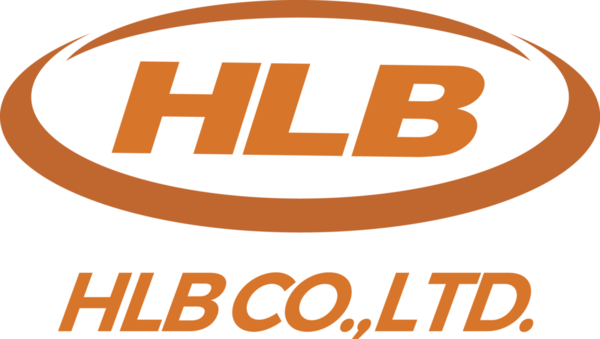HLB said on Friday that the anticancer vaccine candidate ITI-3000 aiming to treat Merkel cell cancer (MCC) via its U.S. subsidiary Immunomic Therapeutics has received fast track designation by the FDA.

ITI-3000 is an anticancer vaccine made by combining lysosomal-associated membrane protein 1 (LAMP1) with the large T antigen of the polyomavirus based on the vaccine platform, UNITE.
In February of this year, the FDA approved a phase 1 clinical trial (IND) and is currently undergoing open-label patient administration at the Fred Hutchison Cancer Research Center in the U.S.
The FDA’s fast track program promotes rapid development and screening of drugs that are likely to be developed as treatments for serious or medical-unmet diseases, and can be closely consulted with the FDA in the clinical design or approval process.
It is also beneficial for accelerated approval or priority review after completing phase 2.
The FDA judges whether to evaluate and approve the documents within 60 days after receiving them, and Imunomic's anticancer vaccine was quickly designated in just over 30 days, HLB said.
MCC is a rare disease that occurs in Merkel cells located at the border of the dermis and epidermis of the skin. It is an incurable cancer with a five-year survival rate of less than 20 percent due to rapid growth and metastasis of cancer cells.
Pfizer's Bavencio and MSD’s Keytruda have already been approved as immunotherapy but immunotherapy is known to be ineffective in more than half of the MCC patients. Thus, developing new treatments is urgent, said a company official.
According to HLB, ITI-3000 is highly effective in efficiently transferring virus specific antigens to immune cells (CD4+T Cells) through antigen-presenting cells such as dendritic cells. It induces effective movement of killer T cells, strong immune responses, and improves the tumor microenvironment (TME). Additionally, there is no risk of immune rejection as this therapy utilizes the patient's immune system compared to other therapies.
The FDA fast track designation for the MCC therapy is expected to gradually improve the corporate value of Immunomic and HLB, which holds the largest share of Immunomic, HLB said.
Related articles
- GI Inno’s Merkel cell cancer drug wins ODD from FDA
- Immunomic Therapeutics scores FDA approval to conduct P1 study of Merkel cell carcinoma treatment
- Elevar applies for Rivoceranib’s permit in Europe following US
- HLB Therapeutics’ U.S. subsidiary begins phase 3 patient dosing for neurotrophic keratitis drug candidate

